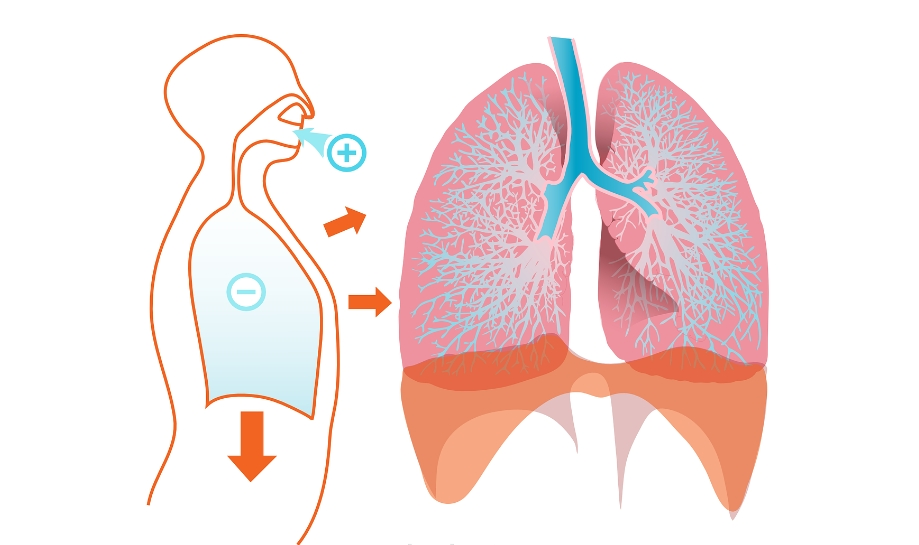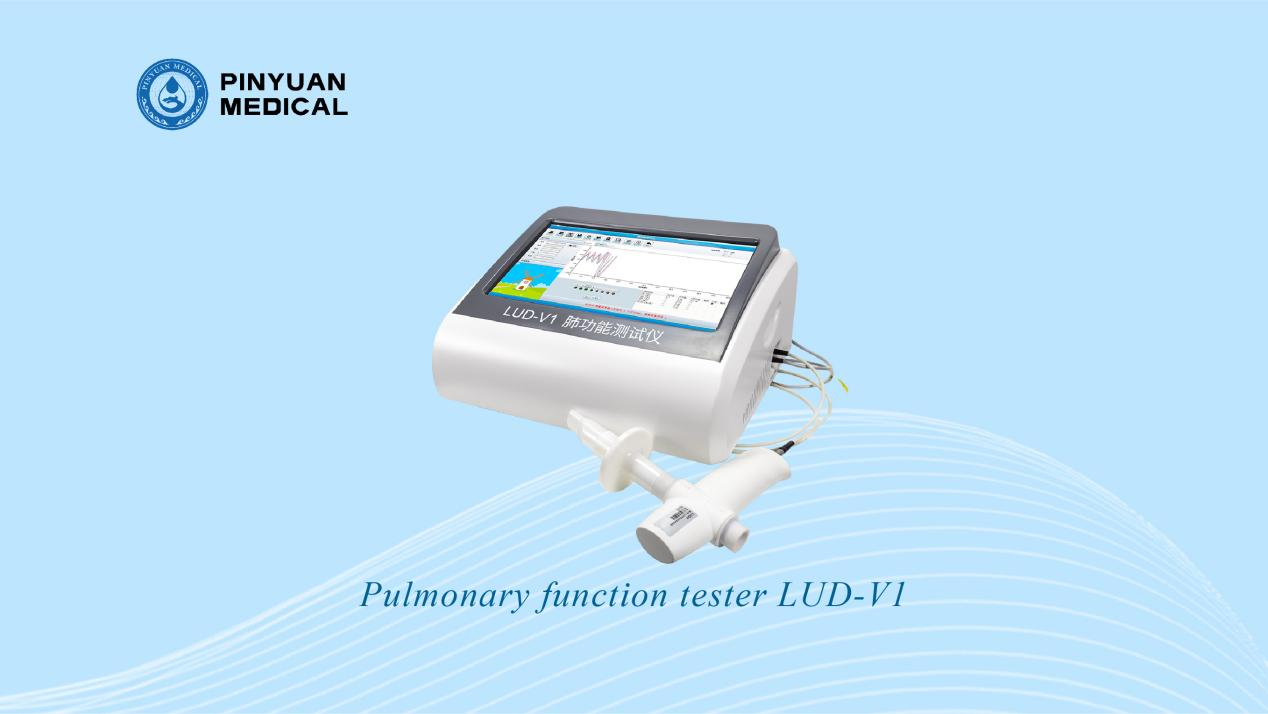What is lung function
Pulmonary ventilation function refers to the volume of gas entering and leaving the lungs with respiratory movement per unit time, showing the relationship between time and lung volume, and is related to the amplitude of breathing and the intensity of force. It is a relatively good dynamic indicator reflecting the ventilation capacity of the lungs.
Any physiological and pathological factors that can affect respiratory rate, respiratory amplitude and gas flow rate can influence pulmonary ventilation function. Pulmonary ventilation function includes minute ventilation volume, alveolar ventilation volume, maximum minute ventilation volume and temporal vital capacity, among which the latter is the most commonly used.
The advantages of pulmonary function tests
Compared with examinations such as chest X-rays and CT scans, pulmonary function tests focus more on understanding the functional changes of the lungs and are an important examination method for respiratory system diseases. Pulmonary function tests have the advantages of high sensitivity, convenient repeated tests and easy acceptance by patients. Pulmonary function tests are a physical examination method that does no harm to the body and is painless.
The applicable population for pulmonary function tests
The following seven types of people need to have their lung function checked as early as possible:
① People aged 40 or above, regardless of whether they smoke or have respiratory symptoms;
② Long-term smokers, including those with a history of smoking who have quit;
③ People with clear underlying lung diseases, such as chronic bronchitis, chronic obstructive pulmonary disease, asthma, lung tumors, interstitial lung diseases, etc.
④ People with unexplained coughing, shortness of breath and expectoration;
⑤ People who are exposed to dust and smoke for a long time;
⑥ People who are preparing to undergo surgical operations (especially thoracic and upper abdominal surgeries);
⑦ People whose families contain asthma patients, patients with pulmonary cystic fibrosis, and patients with β 1-antitrypsin deficiency.
What aspects should be noted before a pulmonary function test
① Patients with asthma or suspected asthma, if they have been taking antiasthmatic drugs regularly, should stop taking them under the guidance of a doctor before the examination. Before the examination, calm down and adjust your breathing. Only when your breathing is stable can you undergo the pulmonary function test.
②Patients who frequently have heart attacks or unstable blood pressure cannot undergo pulmonary function tests for the time being.
③If you have ventilation dysfunction, you should inform your doctor in advance and be cautious when doing some pulmonary function tests.
Post time: May-06-2025


